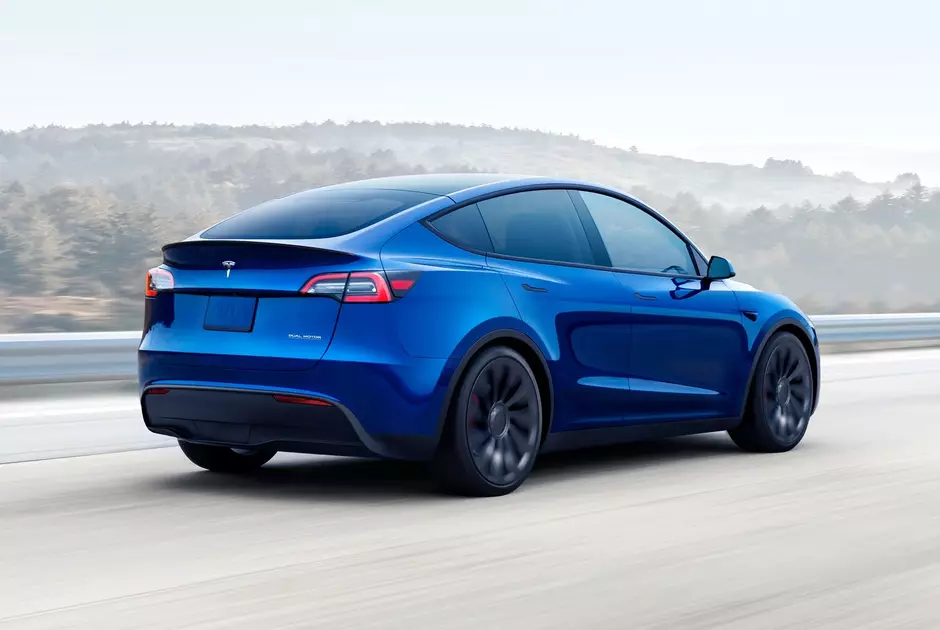As we zoom through 2023, car enthusiasts and eco-conscious drivers alike are witnessing some fascinating shifts in the automobile industry. Did you know that electric vehicle (EV) sales have skyrocketed by 40% compared to last year, according to Bloomberg Green? With technological advancements and a growing global commitment to sustainability, the debate between EVs, hybrids, and traditional gas cars is more relevant than ever. In this article, we’ll dissect the performance trends of these three vehicle types, providing you with the insights needed to make informed decisions about your next car purchase.
Understanding the Players: EVs, Hybrids, and Gas Cars
Electric Vehicles (EVs): The Future is Now
EVs have been making headlines, thanks to their impressive acceleration, zero emissions, and cutting-edge technology. Brands like Tesla, Rivian, and Lucid Motors have set a high bar with models such as the Tesla Model S Plaid, which boasts a 0-60 mph time of just 1.99 seconds. According to CleanTechnica, these vehicles are not just about speed but also sustainability, with many offering over 300 miles of range on a single charge.
Key Advantages of EVs:
– Zero Tailpipe Emissions: Perfect for reducing your carbon footprint.
– Low Operating Costs: Electricity is cheaper than gasoline.
– Advanced Technology: Features like autopilot and over-the-air updates.
Challenges:
– Charging Infrastructure: Despite rapid growth, charging stations are still less prevalent than gas stations.
– Initial Cost: EVs can be more expensive upfront, though incentives are available.
Hybrids: Best of Both Worlds?
Hybrids, such as the Toyota Prius and Hyundai Ioniq, blend a gasoline engine with an electric motor to deliver superior fuel efficiency. According to AutoCar, hybrids are especially popular among those not ready to commit fully to electric but who still want to cut down on emissions.
Key Advantages of Hybrids:
– Fuel Efficiency: Some models achieve over 50 mpg.
– Lower Emissions: Emit fewer pollutants than traditional gas cars.
– Flexibility: Can switch between gas and electric power.
Challenges:
– Complexity: Dual systems can lead to higher maintenance costs.
– Limited Electric Range: Often only a few miles on electric power alone.
Gas Cars: Traditional Powerhouses
Despite the surge in alternative powertrains, gas cars remain a staple on the roads, with brands like Ford and Nissan continuing to innovate. Gas cars are known for their long range and quick refueling times, which remain appealing to many drivers.
Key Advantages of Gas Cars:
– Wide Availability: Extensive fueling infrastructure.
– Lower Initial Cost: Generally cheaper than EVs and hybrids.
– Established Technology: Familiar and reliable mechanics.
Challenges:
– Environmental Impact: Higher emissions contribute to pollution and climate change.
– Rising Fuel Costs: Gas prices fluctuate and are generally on the rise.
Performance Trends: 2023 Insights
Acceleration and Speed
EVs continue to dominate the acceleration game, with models like the Lucid Air Sapphire hitting 0-60 mph in under 2 seconds. In contrast, hybrids and gas cars, while improving, typically can’t match this lightning-fast performance. However, traditional gas-powered sports cars still hold their ground in terms of top speed.
Range and Efficiency
While Tesla leads the pack with ranges over 400 miles, hybrids offer a practical balance with their fuel efficiency, often exceeding 50 mpg combined. Gas cars, however, are seeing innovations aimed at improving efficiency, with some models reaching 40 mpg on highways.
Environmental Impact
EVs have the clear advantage with zero tailpipe emissions, aligning with global sustainability goals. Hybrids offer reduced emissions but still rely on gasoline. Gas cars remain the least environmentally friendly option, though advances in fuel efficiency are helping to mitigate their impact.
Practical Tips for Choosing Your Next Vehicle
Consider Your Driving Needs
- Urban Commutes: If you drive mainly in the city, an EV might be ideal due to its efficiency in stop-and-go traffic and access to urban charging stations.
- Long-Distance Travel: Hybrids offer an excellent balance of range and efficiency, while gas cars provide the convenience of quick refueling.
- Budget Considerations: Factor in total ownership costs, including maintenance, fuel, and potential incentives for EVs and hybrids.
Charging and Fueling Tips
- EV Charging: Utilize apps like PlugShare to find charging stations, and consider installing a home charger for convenience.
- Hybrid and Gas Refueling: Use fuel price apps to locate the cheapest gas stations along your route.
Where to Buy
- Dealerships: Offer test drives and the latest models, often with financing options.
- Online Platforms: Websites like Carvana and Vroom provide easy comparison tools and delivery options.
Conclusion: The Road Ahead
As we navigate the automotive landscape in 2023, the choice between EVs, hybrids, and gas cars hinges on personal needs and environmental priorities. EVs are leading the charge with their performance and sustainability, while hybrids offer a compromise for those not ready to go fully electric. Gas cars, though facing challenges, continue to provide familiar reliability and convenience.
Which vehicle is your ideal match? Share your thoughts in the comments below, and let’s discuss how these trends might shape our driving future. With continued advancements in battery technology and charging infrastructure, the road ahead promises exciting possibilities for all drivers.

